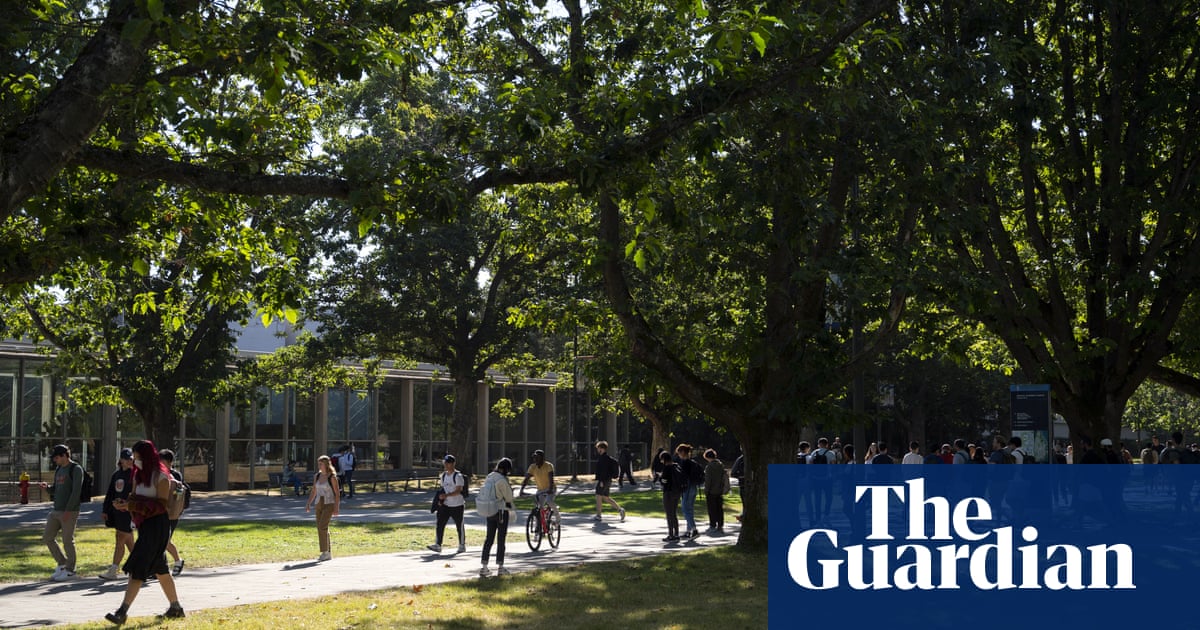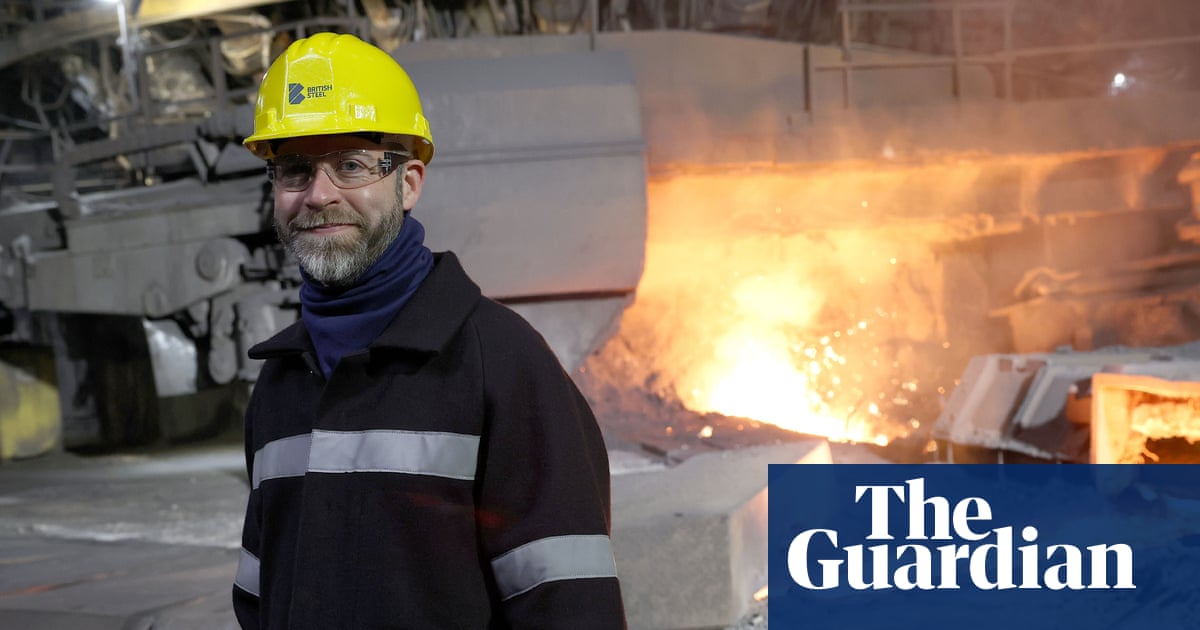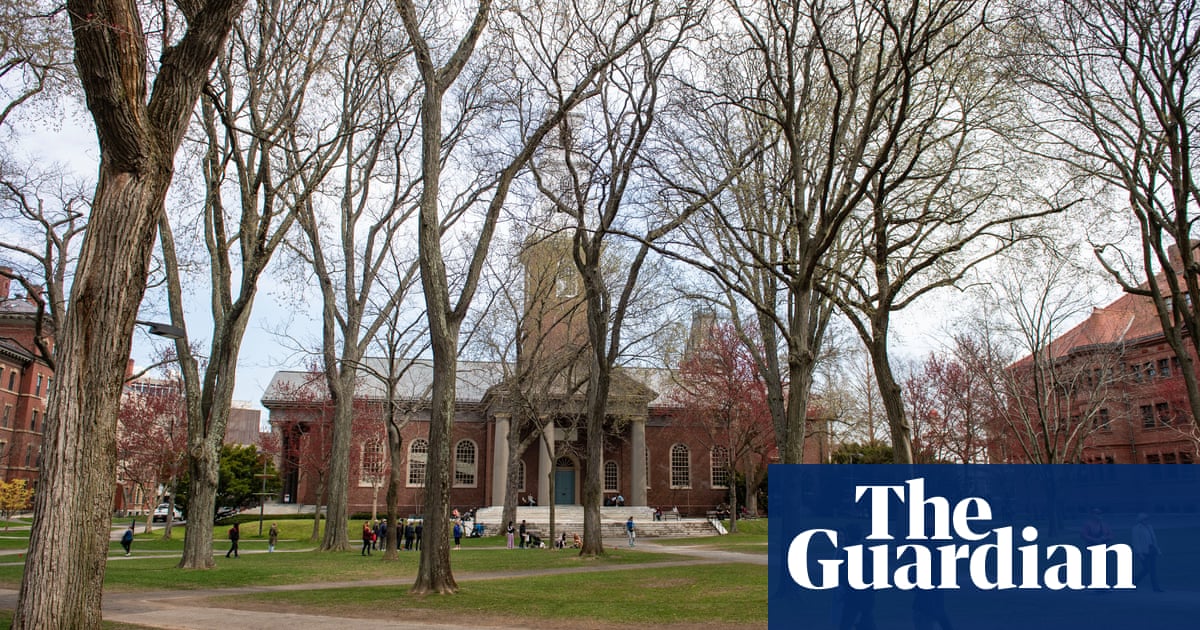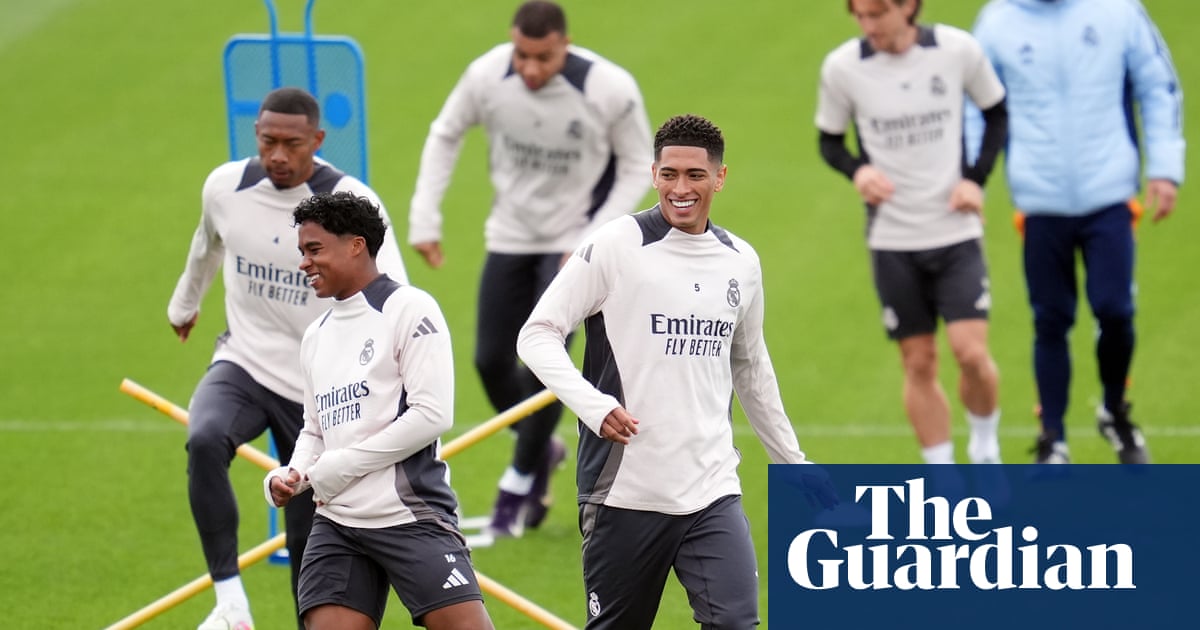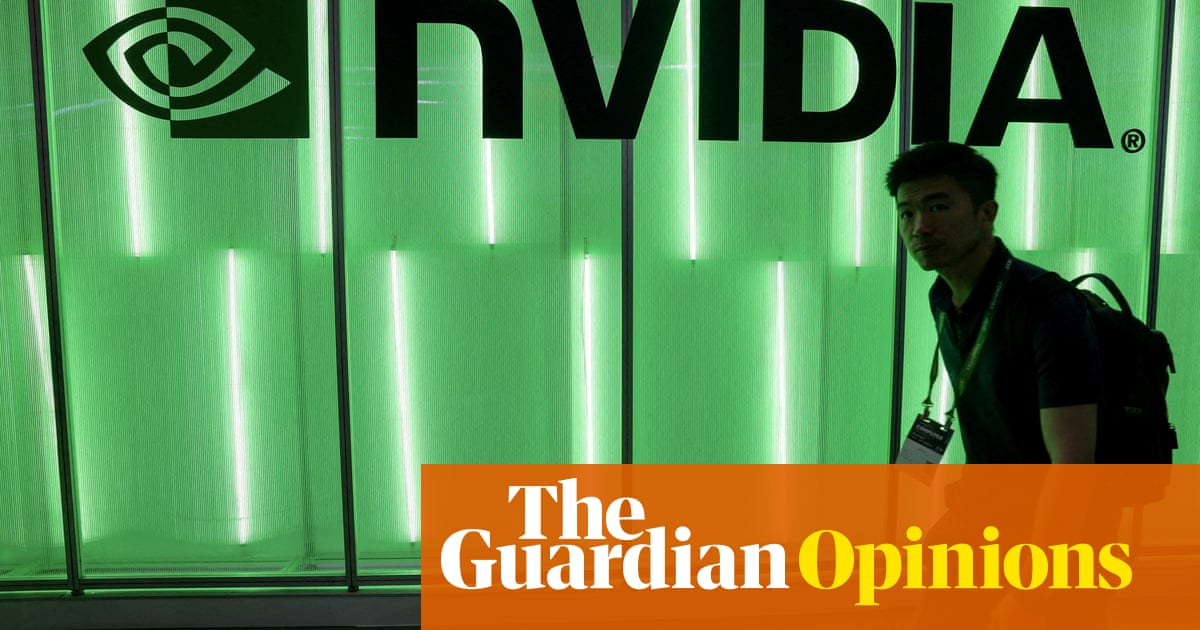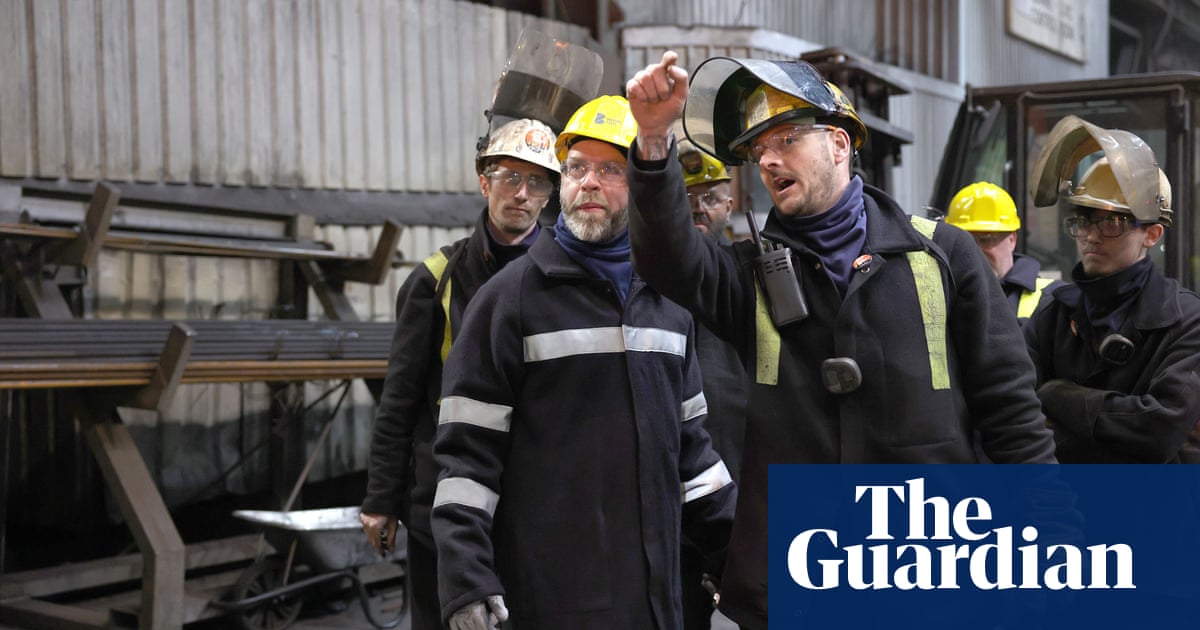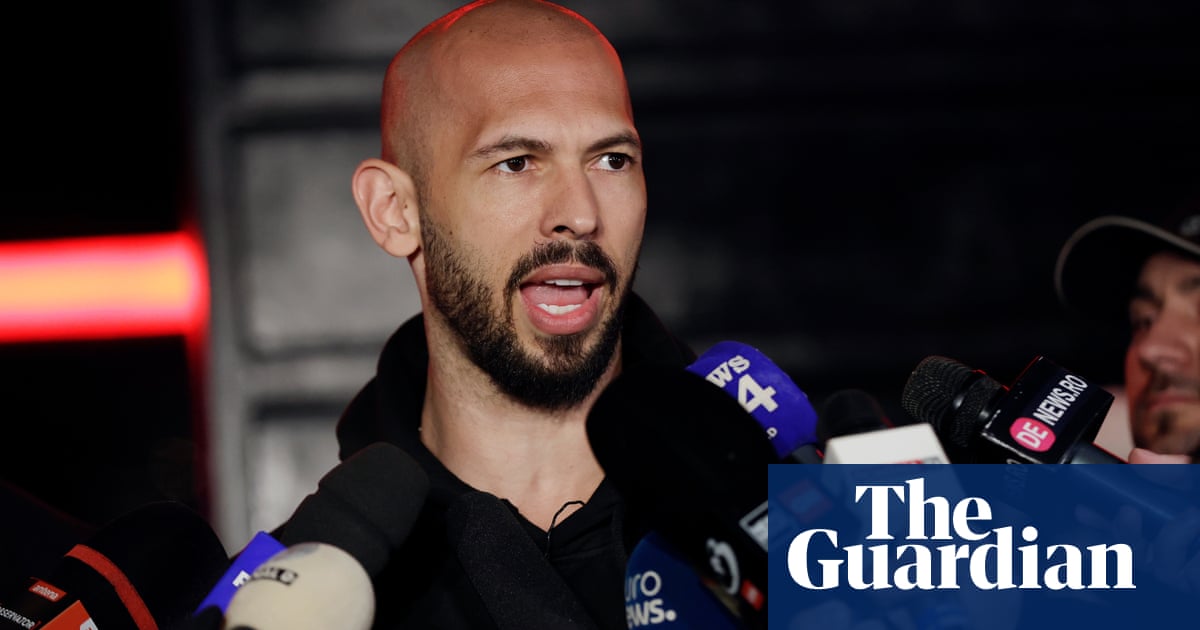As even Donald Trump was forced to accept in scaling back his latest tariffs, China is just too big to ignore. And so it is, on a much smaller scale, that yet another UK government is doing several contradictory things at once when it comes to Beijing.
This weekend brought a particularly resonant example. On the one hand, the business secretary, Jonathan Reynolds, was hinting that British Steel’s Chinese owner, Jingye, was to blame for neglect – if not worse – over the fate of the threatened blast furnaces at Scunthorpe.
Yet at the same time one of Reynolds’s own ministers, Douglas Alexander, was attending a major consumer goods fair in Hainan, the tropical island on China’s southern tip, before holding trade-linked talks in Hong Kong, a visit that was not promoted in advance.
Alexander was forced to mix some tougher politics with the trade, relaying what was termed “deep concern” at China’s decision to bar the Liberal Democrat MP Wera Hobhouse from visiting her son and infant grandson in Hong Kong last week.
For all that Foreign Office officials always insist that nothing fundamentally changes in the UK’s efforts to deal with China, with endless talk of strategic decisions based on national self-interest, the reality is that the approach does very much vary by government, and not necessarily just when the ruling party switches.
The most regularly highlighted contrast came under the Conservatives, when the “golden era” of Sino-UK ties, exemplified by David Cameron’s cosy pub pint with Xi Jinping, became notably more sceptical and even, during Liz Truss’s brief tenure, openly hostile.
The stance taken by Labour governments has tended to be more consistent overall, but with a notable difference between the Blair-Brown era and that of Keir Starmer – and with the very obvious caveat that a lot changed in world affairs between 2010 and 2024.
When Tony Blair took office, China was the world’s seventh-biggest economy and still four years away from joining the World Trade Organization, a move that led to an acceleration of the country’s already stellar rate of economic growth.

The period was thus – not unexpectedly – based around expanding trade with this new behemoth, a mood exemplified by a 2005 visit to Beijing and Shanghai by Gordon Brown in which the then chancellor marvelled at high-speed Maglev trains and personally gave every travelling journalist a book detailing this ongoing economic miracle.
In retrospect, this approach, taken on by Cameron, risked the UK ignoring the parallel rise in China’s national security efforts. A 2023 report by the Commons intelligence and security committee castigated successive governments for allowing Beijing to invest heavily in vital UK infrastructure and gain influence by means as varied as spying and involvement in universities.
Whether or not Jingye’s 2020 decision to buy the stricken British Steel formed part of a Bejing-hatched strategic plan might never be known. But at the very least, the purchase of part of a totemic industry that once employed about 300,000 Britons by a company formed in 1988 in the heavily industrialised Chinese province of Hebei is a very tangible sign of how the global economy has changed.
after newsletter promotion
Since taking power, Starmer and his ministers have taken what is at least a more publicly emollient approach to China, with visits to the country by David Lammy, the foreign secretary, and the chancellor, Rachel Reeves.
A big part of this is focused, understandably, on growth, the government’s self-stated number one mission. But at the same time, as shown by the Jingye saga and Hobhouse’s plight, such efforts are never straightforward when Beijing is involved.
Much more significant, and with the UK as a bit-part player, Trump’s US has begun a seeming fight to the death with China on tariffs, one that has not ended with the US president’s decision to exempt many electronic goods.
With the globe reeling from Trump’s tactics and mistrustful of the US, China is ready to step in. The UK will be more wary than some. But yet again, it will be resigned to adjusting policy on the hoof.

.png) 1 day ago
7
1 day ago
7



